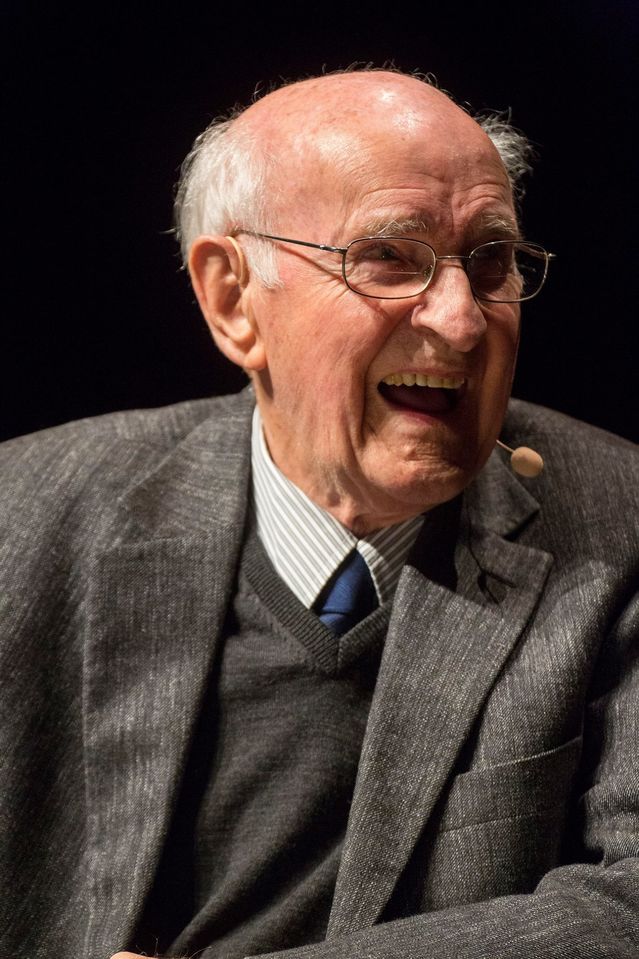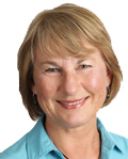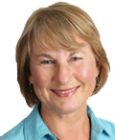Sport and Competition
What’s the Best Age to Be?
True stories of centurions who excel, give us hope.
Posted May 31, 2017

Mark Twain wrote ‘Age is an issue of mind over matter. If you don’t mind, it doesn’t matter.’
A wise saying but not always easy to laugh about as the body becomes wearier sooner and the memory for the names of those folk you know you know disappears just as you are in the middle of introducing them to another friend (whose name you have also forgotten!) So any research that suggests age not only doesn’t matter but may even be advantageous is always welcome.
No doubt at all that today many people in their fifties look forty, in their sixties look fifty, and in their nineties look seventy-five. Recently in Auckland, here in little New Zealand at the bottom of the world (or the top, depending on your point-of-view), there have been two large festivals that cheer for older people: The World Masters Games and the Auckland Writers’ Festival.
In both these festivals age is a moving feast. The World Masters Games is a global multi-sport event that follows the Olympics model; they are held every four years in different world venues, and include a summer and winter games. But the Masters’ Games have many a difference, one being that they are for athletes of ‘masters’ age, and that age varies with the sport. For example, you’re a master at age 25 in swimming, and generally a master in most sports by the age of 35. The other important difference is that one does not have to be an elite athlete to compete, and in most sports, you don’t need to qualify. Anyone can register for the Games—and you register on your own behalf, not as the representative of a country. Twenty-eight different sports were included in the Auckland games, and 28,000 athletes from over 100 countries registered. They participated for many reasons: to win a medal, to have fun, to meet new friends and renew old friendships, to beat a personal best or to travel to a new place in the world.
In Auckland the athlete who received the most media attention and won the most hearts was Man Kaur, a 101-year-old Indian athlete who won four Golds, taking her tally of Golds since she began her athletics career at 93 to twenty. Sure, she is often the only competitor in the over-100-age-class, but that’s not her problem; it’s because the other centurions are sitting at home watching on the tele. In Auckland she won the 100m sprint (1minute 14 secs), the 200 meters (2minutes 58 seconds), the shot put (2.1 meters), and the javelin throw (5.12 meters).
Yes, she’s exceptional, but the research also has some positive things to say about aging and sport. Generally older athletes perform much better in ultra-endurance events such as the 100km and 1000km(!) marathons. Of interest, generally it has been found that in activities that require sudden bursts of energy, (including the four events Man Kaur won Gold in!) the peak is before the mid-twenties. Imagine if Man Kaur had decided to take up athletics before she was 93!
The Auckland Writers’ Festival hosts writers from many countries and is considered to be one of the best such festivals in the world. This year 72,000 tickets were sold to the hundreds of sessions, and as I sat listening to 26 of them (each 50– 90 minutes long) it occurred to me, as it does every year, that some of the best writers and communicators are people in their sixties and older. Of course there are also many wonderful young and middle-aged writers, but those old ones have the advantage of years more experience and years more practice at writing and speaking eloquently about their ideas and values. One of the greatest sessions at the festival was an interview with Lloyd Geering, a New Zealander and thinker and writer who is 99. He was talking about his latest, recently published book, Portholes to the Past, as well as his childhood, a childhood he recalled with clarity, insight and humour. I recall going to his one-hour talk when he was 95, and timing the standing ovation by the 2250 people in the theatre. It continued for five minutes. He commented at this latest session that he is writing another book but he didn’t know if he’d finish it! I’m guessing he will, but whether or not he does, I have no doubt that he’ll go out content with the life he has had.
Back to the research—within the general population reading comprehension and arithmetic skills get better as we age at least until our fifties, and then the decline is only gradual. Social reasoning—the ability to form and retain good relationships—peaks at an even older age. The cognitive skills that decline at a much younger age are those memory skills and skills that require quick thinking. Creative thinking too probably peaks before 40; most Nobel Prize winners have made their best discoveries by that age.
Yet there are always exceptions. How we all love to celebrate these incredible people, and most of all we love to celebrate them when they are not only still superb at what they do, but still love doing it. Their stories lift us above the mess of everyday life and give us all, whatever age we are, hope.
The message is clear, really. Perhaps another version of Mark Twain’s saying could be ‘Age is an issue of love-of-life over matter. If you enjoy life, it doesn’t matter.’
Please subscribe to my monthly e-newsletter!




